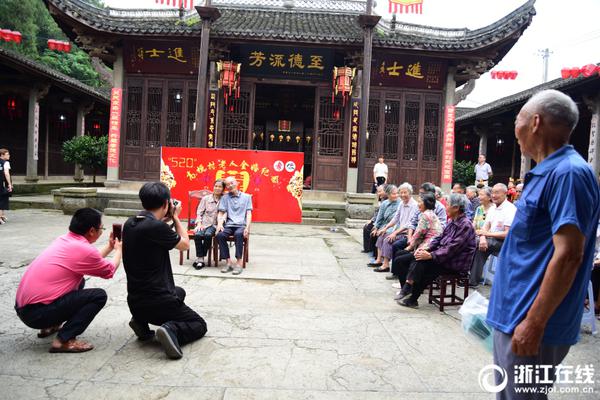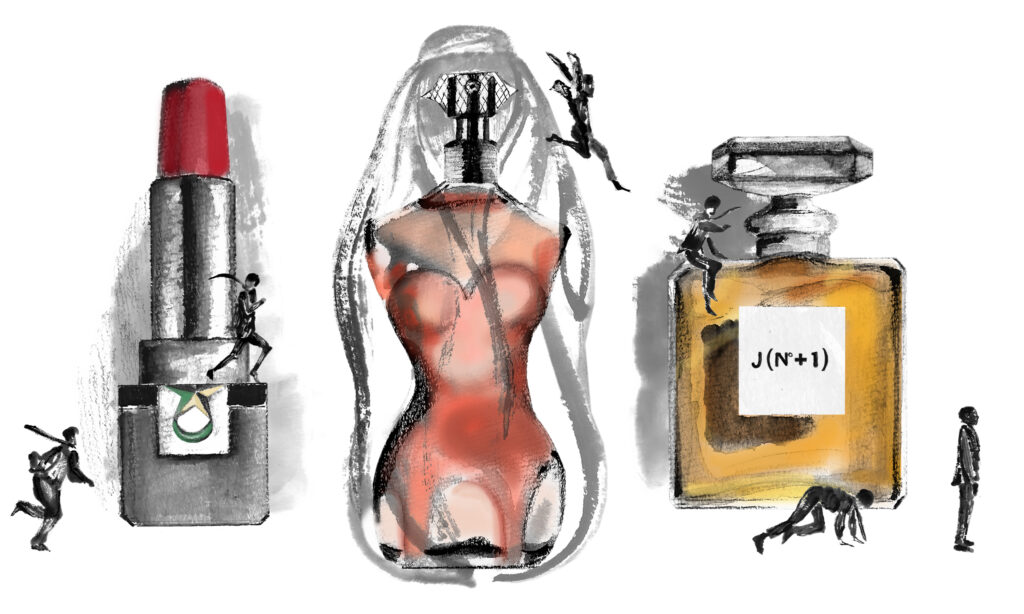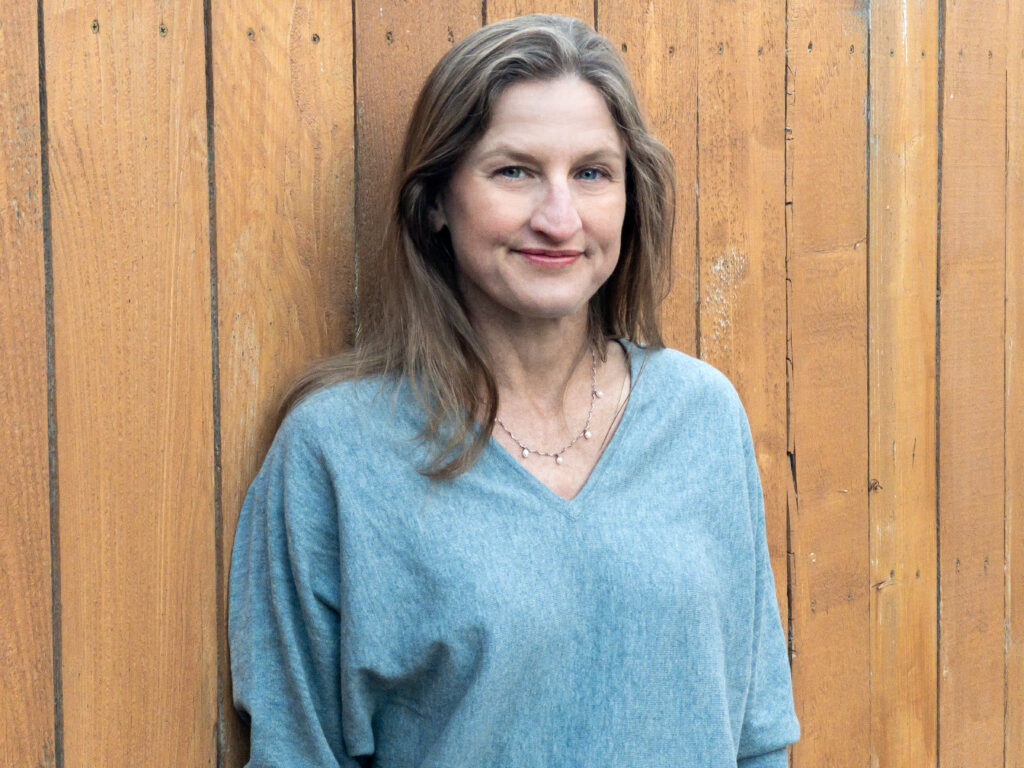In an unusual show of respect for Thailand's fallen leader,the most dangerous image is one that eroticizes violence. these might include: Facebook has opted to block all ads in the country for an undetermined length of time.
The social network said the move is in observance of a "cultural custom" as the nation mourns the late Thai King, Bhumibol Adulyadej, who died Thursday at the age of 88.
"Thailand is in a period of mourning due to the death of the King and removal of ads is a cultural custom," a spokesperson wrote to advertisers in a blog post. "We don't yet know the duration of the mourning period. We'll keep you posted of any additional details as they become available."
A funeral for Adulyadej -- who was the world's longest-reigning monarch -- drew thousands of grieving citizens in the Thai capital of Bangkok on Friday. National media broadcasts went black as his body underwent a traditional bathing ceremony.
As part of his remembrance, many Thai citizens are wearing only dark colors this week, and several websites and television stations have gone completely black-and-white. Monochrome footage of the widely revered leader's life has dominated the airwaves.
 Original image has been replaced. Credit: Mashable
Original image has been replaced. Credit: Mashable The decision to temporarily drop ads seems to be a first for Facebook, which has cultivated a sizable market in the country. The platform boasts an estimated 37 million Thai users -- mostly on mobile -- who tend to post three times more frequently than the average user worldwide, according to Facebook chief operating officer Sheryl Sandberg.
Perhaps as a result, Facebook ads have proven particularly successful in the country, according to a report in Thai newspaper The Nation.
Research firm Emarketer pegged the yearly Facebook ad spend in Thailand at $81.7 million, meaning that the web giant could be forgoing as much as $6.8 million per month in the blackout -- though that estimate is rough.
The company opened its first office in the country last fall as part of an ongoing push to beef up operations in emerging markets.
Part of that effort involves helping brands tailor ads to fit country-specific cultural norms and adjust posts for different bandwidth speeds.
A campaign for Durex condoms in Indonesia, for instance, would load separate videos depending on the viewer's sex. Each was catered to the country's particular attitudes toward gender roles and cultural norms.
“The ability to tell a powerful story can connect people despite geographic, linguistic, technological and even cultural boundaries," Melissa Oppenheim, who heads up the program that handles such considerations, told Mashablein an earlier interview.
In this instance, Facebook's heightened sensitivity toward its users' various cultures means cutting off ads altogether.
The platform's worldwide expansion hasn't been without controversy, however. Facebook faced criticism in India over accusations that its "free basics" service violated net neutrality, and human rights advocates argued that its "safety check" feature, which lets users notify friends and family of their situation in the event of a disaster, was heavily biased toward western countries.
The company has since worked to make the tool's coverage more comprehensive.
Topics Facebook
(Editor: {typename type="name"/})
 Meta says some AGI systems are too risky to release
Meta says some AGI systems are too risky to release
 Cooking with Virginia Woolf by Valerie Stivers
Cooking with Virginia Woolf by Valerie Stivers
 Redux: Naked Lightbulb by The Paris Review
Redux: Naked Lightbulb by The Paris Review
 Sephora on the Champs
Sephora on the Champs
 Greenpeace activists charged after unfurling 'Resist' banner at Trump Tower in Chicago
Greenpeace activists charged after unfurling 'Resist' banner at Trump Tower in Chicago
 Sony and Honda are betting big on the AFEELA 1, the sleek new electric vehicle five years in the mak
...[Details]
Sony and Honda are betting big on the AFEELA 1, the sleek new electric vehicle five years in the mak
...[Details]
Teonanácatl by Alejandro Zambra
 TeonanácatlBy Alejandro ZambraJanuary 19, 2022First PersonIllustrations by George Wylesol.Teonanácat
...[Details]
TeonanácatlBy Alejandro ZambraJanuary 19, 2022First PersonIllustrations by George Wylesol.Teonanácat
...[Details]
Redux: All the Green Things Writhing by The Paris Review
 Redux: All the Green Things WrithingBy The Paris ReviewApril 19, 2022ReduxEvery week, the editors of
...[Details]
Redux: All the Green Things WrithingBy The Paris ReviewApril 19, 2022ReduxEvery week, the editors of
...[Details]
Claire Boyles, Fiction by Claire Boyles
 Claire Boyles, FictionBy Claire BoylesApril 6, 2022Whiting Awards 2022Claire Boyles. Photograph by B
...[Details]
Claire Boyles, FictionBy Claire BoylesApril 6, 2022Whiting Awards 2022Claire Boyles. Photograph by B
...[Details]
Best Amazon deal: Save 20% on floral and botanical Lego sets
 SAVE 20%:Amazon has several Lego floral bouquets and botanical sets on sale, the perfect gift for yo
...[Details]
SAVE 20%:Amazon has several Lego floral bouquets and botanical sets on sale, the perfect gift for yo
...[Details]
A Formal Feeling: A Conversation with Claudia Durastanti by Mia Colleran
 A Formal Feeling: A Conversation with Claudia DurastantiBy Mia ColleranJanuary 28, 2022At WorkPhoto
...[Details]
A Formal Feeling: A Conversation with Claudia DurastantiBy Mia ColleranJanuary 28, 2022At WorkPhoto
...[Details]
On Thomas Bernhard and Girls Online by The Paris Review
 On Thomas Bernhard and Girls OnlineBy The Paris ReviewApril 15, 2022The Review’s ReviewFrom Kati Kel
...[Details]
On Thomas Bernhard and Girls OnlineBy The Paris ReviewApril 15, 2022The Review’s ReviewFrom Kati Kel
...[Details]
Out of Time by The Paris Review
 Out of TimeBy The Paris ReviewFebruary 4, 2022The Review’s ReviewTGV 9576 // Munich – Strasbou
...[Details]
Out of TimeBy The Paris ReviewFebruary 4, 2022The Review’s ReviewTGV 9576 // Munich – Strasbou
...[Details]
Google's data center raises the stakes in this state's 'water wars'
 Endless emails, map requests, web searches, and everything else we do online requires the use of ene
...[Details]
Endless emails, map requests, web searches, and everything else we do online requires the use of ene
...[Details]
Do Not Et Cetera by The Paris Review
 Do Not Et CeteraBy The Paris ReviewMarch 10, 2022The Review’s ReviewDIY miniature dollhouse, license
...[Details]
Do Not Et CeteraBy The Paris ReviewMarch 10, 2022The Review’s ReviewDIY miniature dollhouse, license
...[Details]
接受PR>=1、BR>=1,流量相当,内容相关类链接。